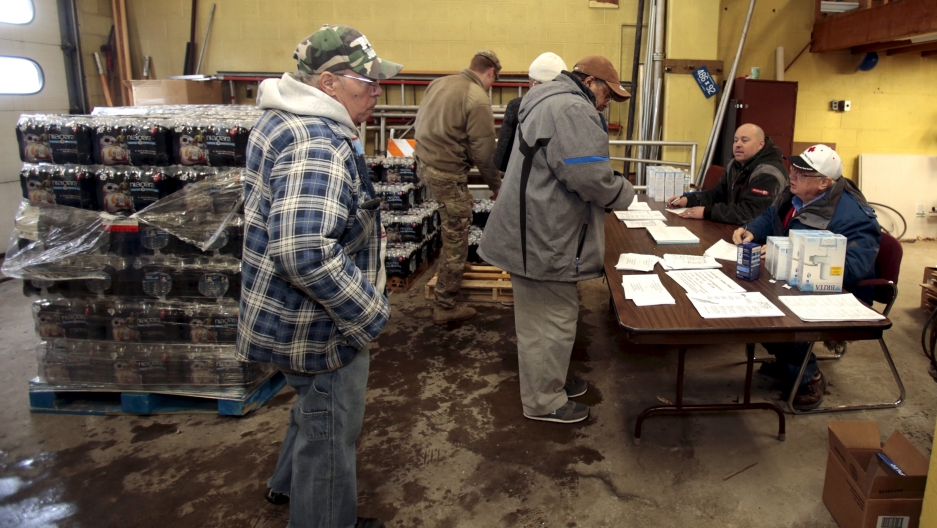
The State of Michigan vs. Undocumented Immigrants
While the state government of Michigan attempts to handle a massive response to the water crisis in Flint, handing out water bottles and filters to residents affected by lead-contaminated tap water, undocumented residents feel left out.
Undocumented immigrants face a daily fear of deportation, one they claim is worth the risk to raise their children in America. They earn below minimum wage, socialize mostly amongst other immigrants, and now have another precaution to take—figuring out a way to access clean, lead-free drinking water while remaining anonymous.
The water crisis in Flint, Michigan reached its climax when both President Barack Obama and Governor Rick Snyder declared a state of emergency in the city. Flint had sourced its water from Lake Huron for years, a leap towards independence from the mercy of Detroit’s water rates. In 2013, city government officials decided to build their own way of getting water via the KWA pipeline. In an effort to save money during the duration of the construction for the pipeline, the city started using water from Flint River in April 2014.
University and hospital researchers discovered in September 2015 that led had been the cause of the yellow water, hair loss, and deaths around the city. However, it would take months before the government took action.
Recently, Flint has made headlines as officials scramble to gather water and filters to Flint’s approximately 100,000 residents. Residents line up daily at distribution centers where they can receive donations of fresh water to last throughout the day. But most of Flint’s undocumented immigrants—at least 1,000—have avoided the distribution centers.
In interviews with Fusion, a half dozen undocumented people said that “either they’ve been turned away from free water or are worried that they’ll be deported if they try to get help”. Many of the residents in Flint who don’t speak English only recently learned about the problems with the water, and have been drinking contaminated tap water for months.
The majority of undocumented immigrants don’t have identification cards issued by the American government. Asking for an ID, whether or not its intention is to limit aid to people who are here legally or simply to make sure no person takes more than her fair share, has a serious chilling effect: Immigrants don’t feel comfortable asking for water. An undocumented immigrant named Lucia heard about lead in Flint’s water four months ago from her son. Since then, she has been buying bottled water—and refuses to go nearby a distribution center after a recent experience. She told local news station ABC 12:
“I got close to see what they were giving out, and it was water. And the first thing they asked me for was my license,” she said.
A spokesperson for the Michigan State Police told Yahoo News that ID was “not required, just requested.” The reason given by the spokesperson was to track exactly where the water filters and other supplies are going.
However, the Flint water crisis is showcasing the deeper ways in which unauthorized immigrants can be cut off from information and from government — even when government is trying to help.

